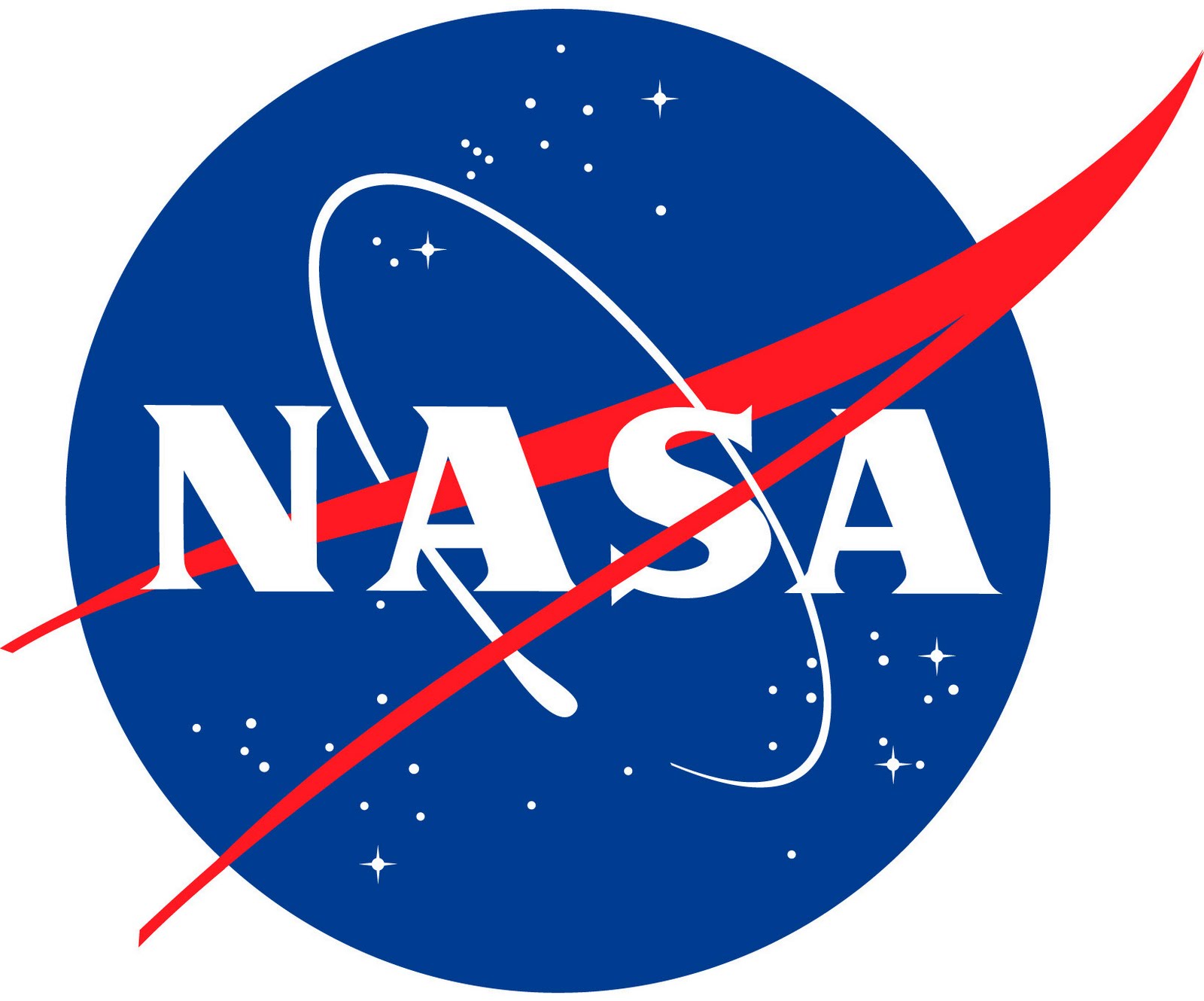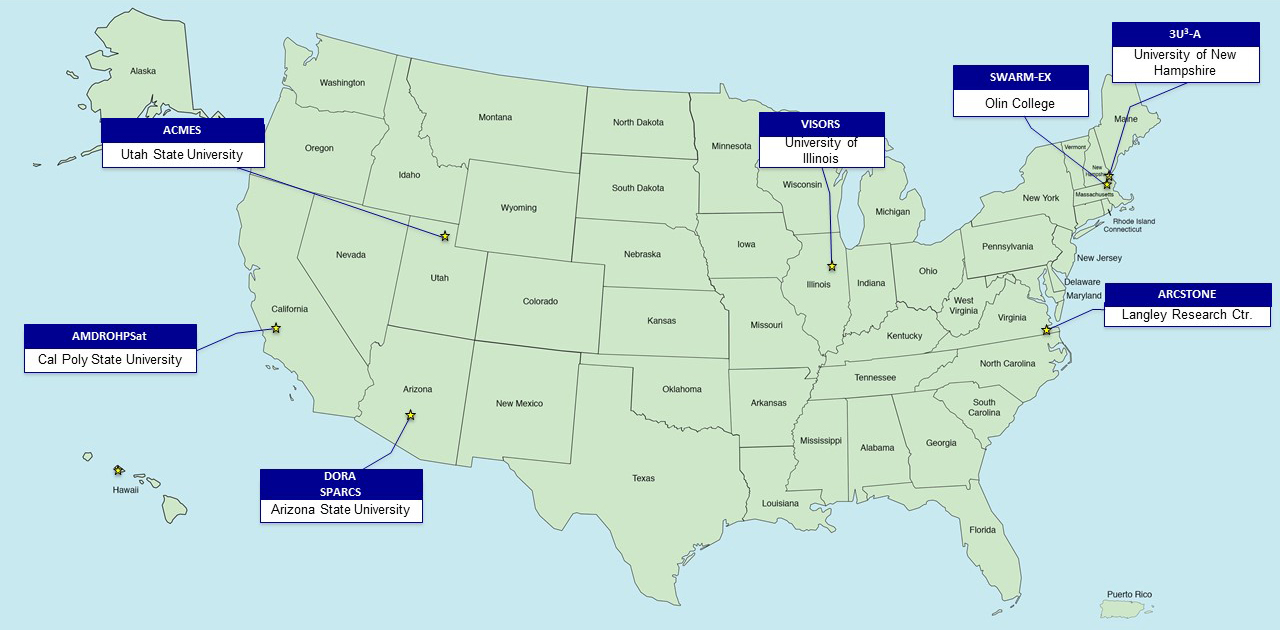
NASA has awarded Phantom Space Corp. four task orders to launch four CubeSat Launch Initiative missions as part of the agency’s Venture-class Acquisition of Dedicated and Rideshare (VADR) launch services contract. The CubeSats will launch no earlier than 2024 on Phantom’s Daytona rocket.
Building on NASA’s previous procurement efforts to foster development of new launch vehicles for NASA payloads, VADR provides Federal Aviation Administration-licensed commercial launch services for payloads that can tolerate higher risk. By using a lower level of mission assurance, and commercial best practices for launching rockets, these highly flexible contracts help broaden access to space through lower launch costs.
Phantom is one of 13 companies NASA selected for VADR contracts in 2022. NASA’s Launch Services Program, based at the agency’s Kennedy Space Center in Florida, manages the VADR contracts.


